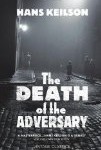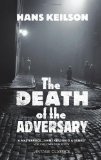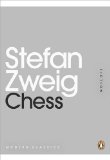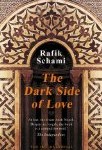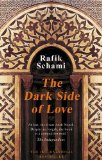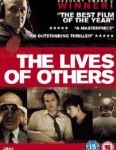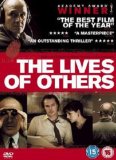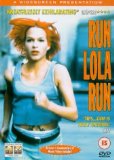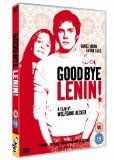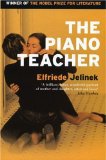 Translated from the German by Joachim Neugroschel
Translated from the German by Joachim Neugroschel
The Piano Teacher by Elfriede Jelinek
Elfriede Jelinek won the Nobel Prize for Literature in 2004
Five words from the blurb: Vienna, emotional, self-destruction, intensity, porn
The Piano Teacher is an unrelenting, intense tale of one woman’s self-destruction.
Erika is a piano teacher who lives with her controlling mother. She begins an affair with one of her young students, but he cannot save her from her destructive cycle of self-harm.
I initially loved the gripping, emotionally charged narrative, but I quickly found I needed space to breathe, wishing there were some breaks from the darkness. I then began to find the narrative style, with its capitalised pronouns, irritating:
SHE only has to glance at this scene, and HER face instantly becomes disapproving. SHE considers her feelings unique when she looks at a tree; she sees a wonderful universe in a pinecone.
As the book progressed it became increasingly dark and sexually explicit. I found the scenes of her self-harm uncomfortable to read and her trips to watch pornographic shows held little interest.
I skimmed over several sections and then decided to give up entirely. This book has a grippingly original narrative voice, but it was too harsh for me.
Recommended to those with a strong stomach.
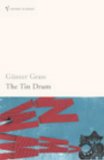 Translated from the German by Ralph Manheim
Translated from the German by Ralph Manheim
The Tin Drum by Günter Grass
Günter Grass won the Nobel Prize for Literature in 1999
Five words from the blurb: Germany, Nazis, dwarf, scathing, horrors
The Tin Drum is one of those classics that had intimidated me for far too long. Inspired by German Literature month I decided to set my fears aside and give this imposing chunkster a try. Unfortunately, in this case, the intimidation was justified and I failed to finish this complex, multi-layered masterpiece.
The Tin Drum is narrated by Oskar, a dwarf with learning difficulties who calms himself by beating his toy drum. I’d love to be able to tell you what happens, but I’m afraid I can’t:
a) because very little happens
b) I didn’t get that far into the book
The writing was impressive and I loved Oskar’s character, but the book had very little narrative drive. It skipped from one scene to the next and I struggled to see the connection between them.
I crawled at a snail’s pace through the first 100 pages, becomingly increasingly bored. After another difficult 20 pages I decided to abandon it. I’m sure that this book is a masterpiece and everything makes sense in the end, but I don’t think I’m in the right stage of life to appreciate it. I think I’ll give it another try in twenty years.
Have you tried reading either of these books?

